Observation skills Normal Science Worksheets for Ages 5-8
8 filtered results
-
From - To
Enhance your young learners' observation skills with our thoughtfully designed Normal Science Worksheets for ages 5-8. Tailored to ignite curiosity, these worksheets foster critical thinking by encouraging children to observe, describe, and classify various elements in the world around them. Featuring colorful graphics and engaging activities, they make learning fun while reinforcing essential scientific concepts. Perfect for classroom settings or at-home learning, our resources support cognitive development and instill a love for science from an early age. Unlock the wonders of observation today and watch your students grow into insightful scientists! Explore our collection and spark a passion for exploration!


Matter: Assessment 1 Worksheet
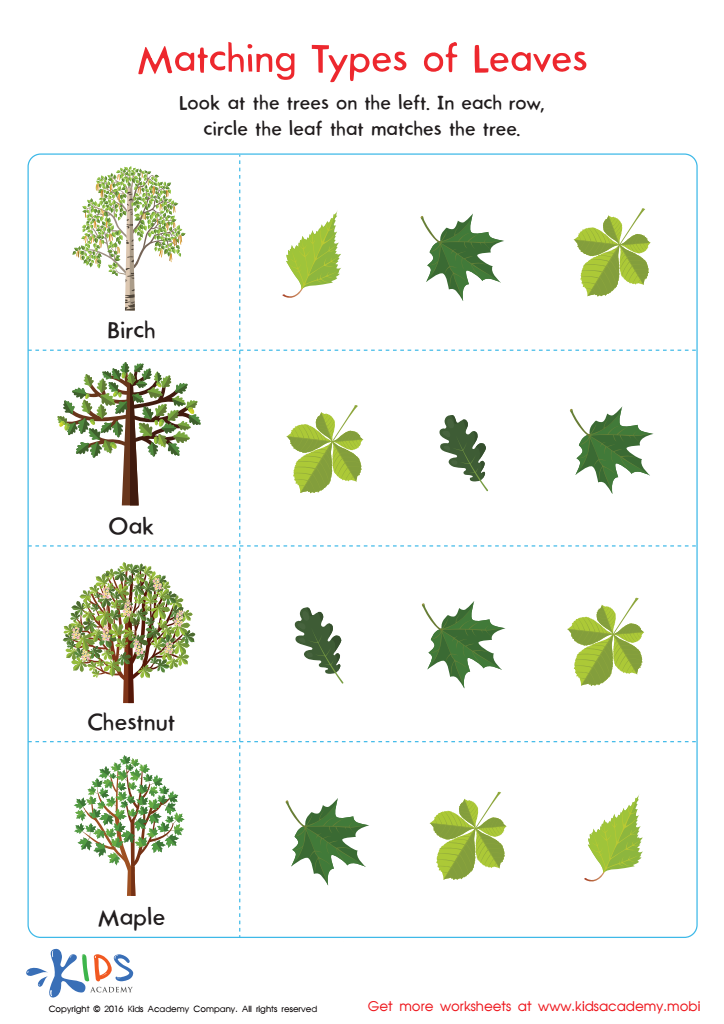

Matching Types of Leaves Printable
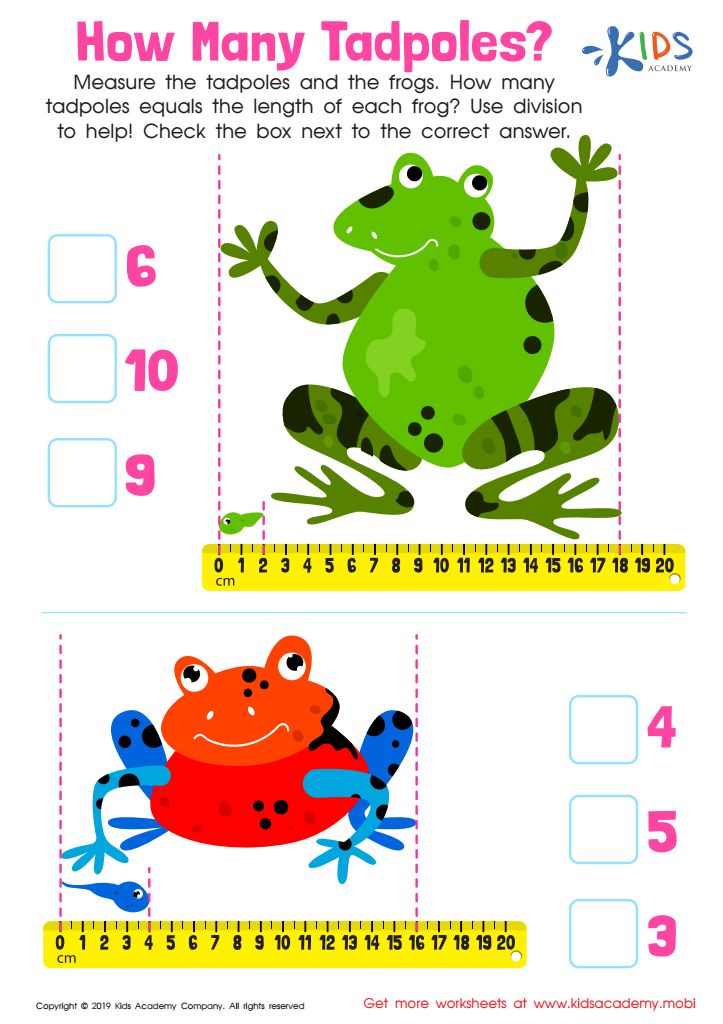

How Many Tadpoles Worksheet


The 5 Sense Scientist Worksheet
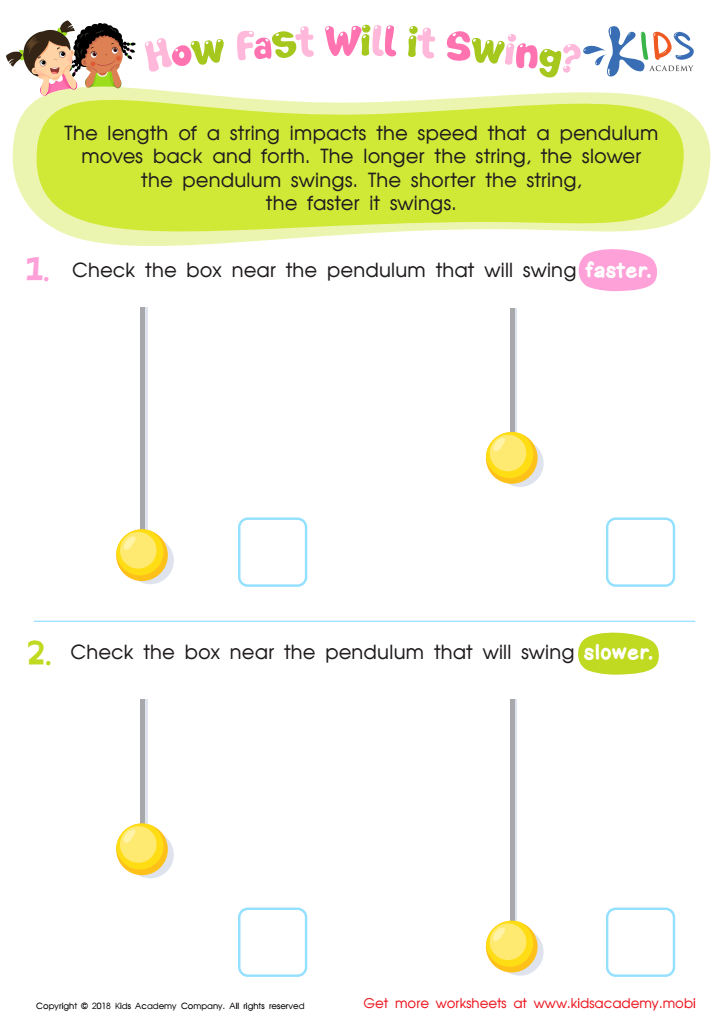

Pendulum Experiment Worksheet For 3rd Grade
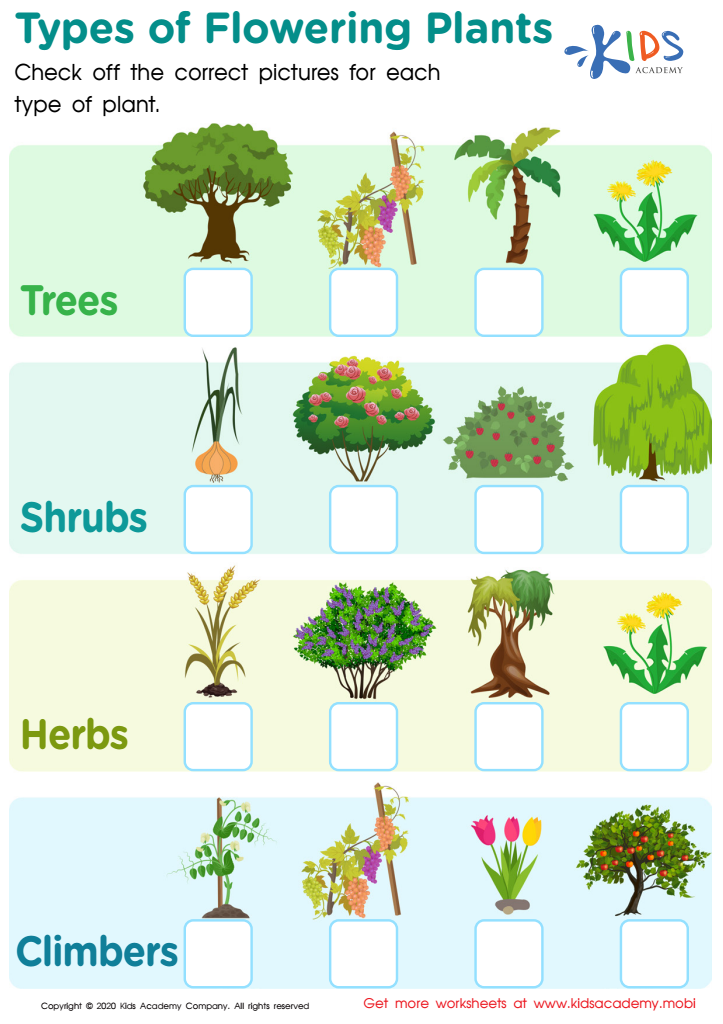

Types of Flowering Plants Worksheet
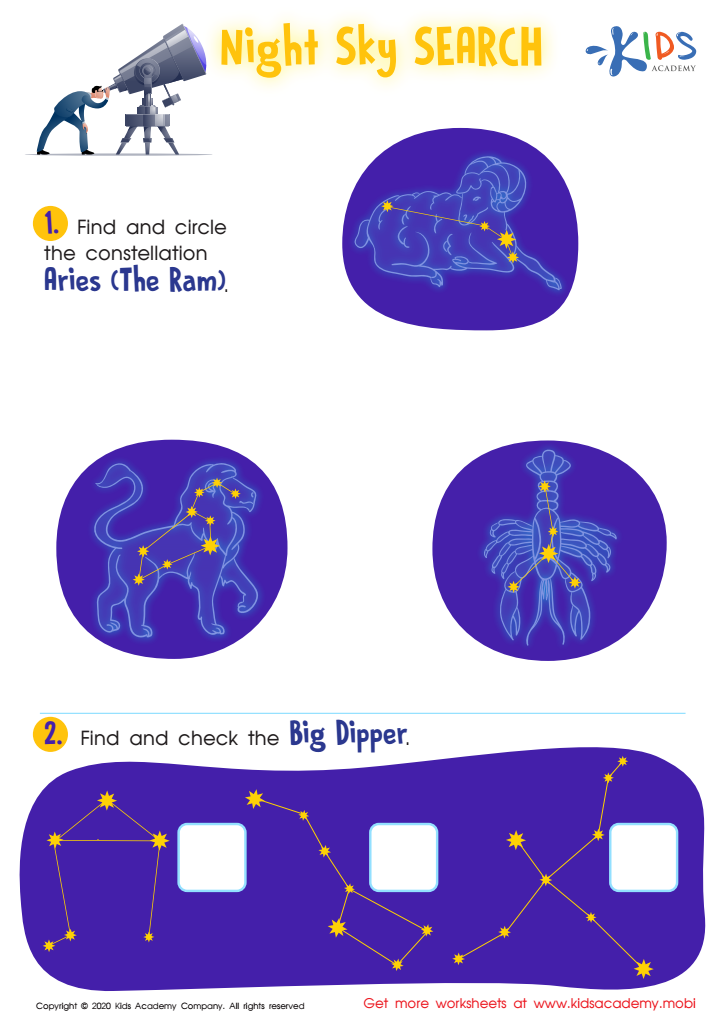

Night Sky Search Worksheet
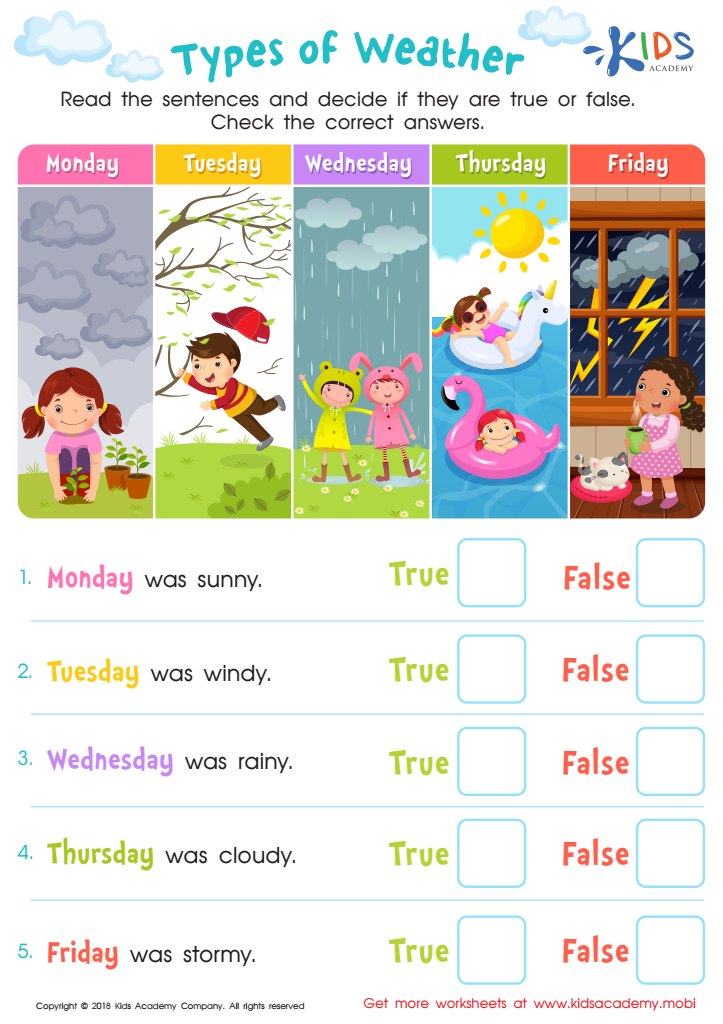

Types of Weather Worksheet
Observation skills are crucial for young learners, particularly in the context of Normal Science for ages 5-8. This stage of development serves as a foundation for a child’s cognitive growth and understanding of their environment. Parents and teachers should prioritize these skills because they empower children to explore and engage with the world around them.
At this age, children are naturally curious. Teaching them how to make observations enhances their ability to ask questions, analyze situations, and make connections. Observation involves noticing details, which leads to better comprehension of scientific concepts and fosters critical thinking. For instance, observing changes in the weather, growth in plants, or the behavior of animals helps children grasp important scientific principles through firsthand experiences.
Additionally, strong observation skills encourage creativity and problem-solving. As children learn to document their findings through drawings or discussions, they develop communication skills that are essential in both academic and social interactions.
Ultimately, fostering observation skills at a young age lays the groundwork for a lifelong love for science and inquiry. This not only enriches the educational experience but also equips children with valuable skills necessary for future learning and personal development. Therefore, it is vital for parents and educators to nurture these abilities.
 Assign to My Students
Assign to My Students

















